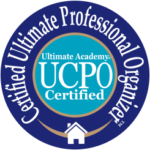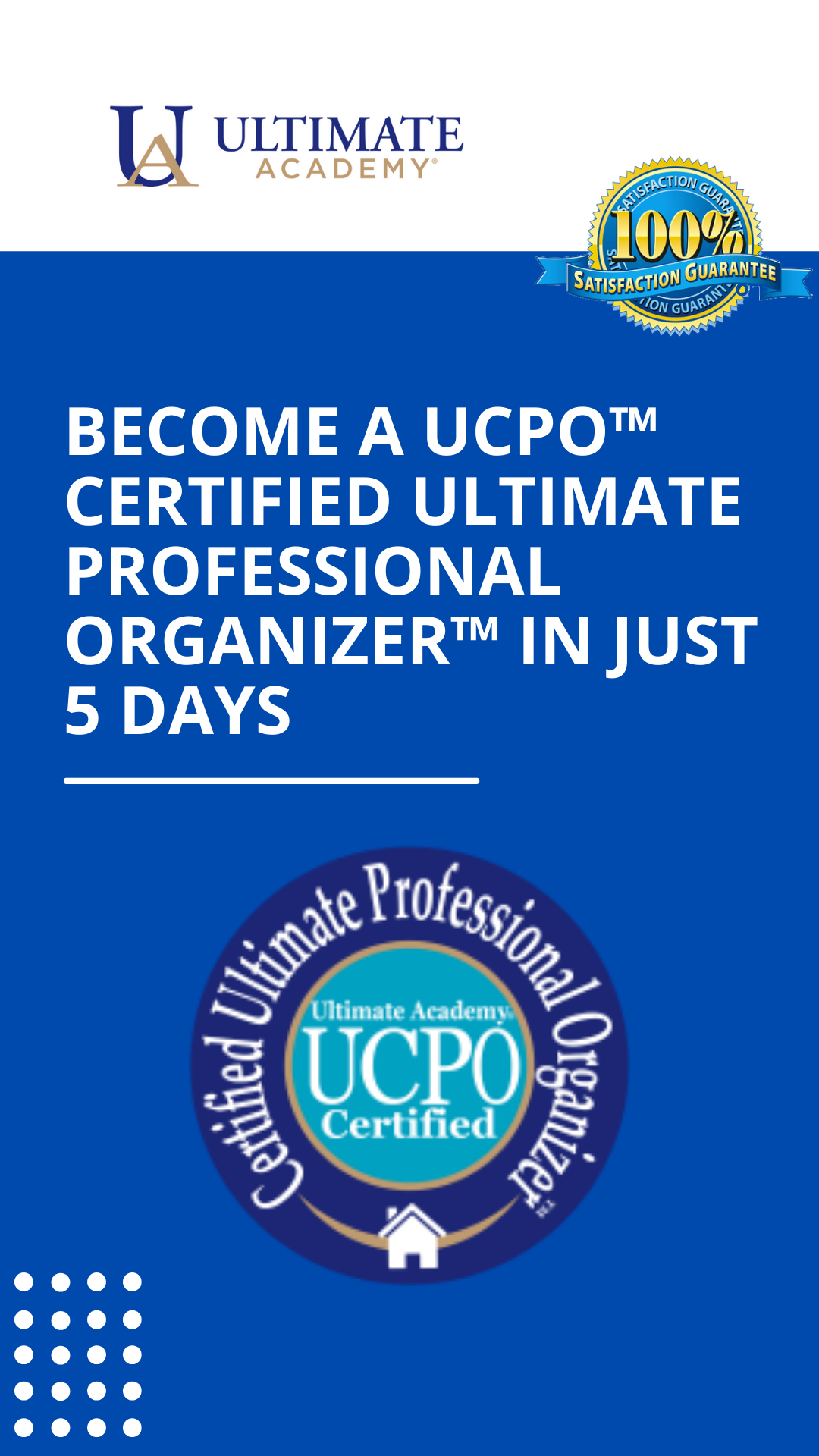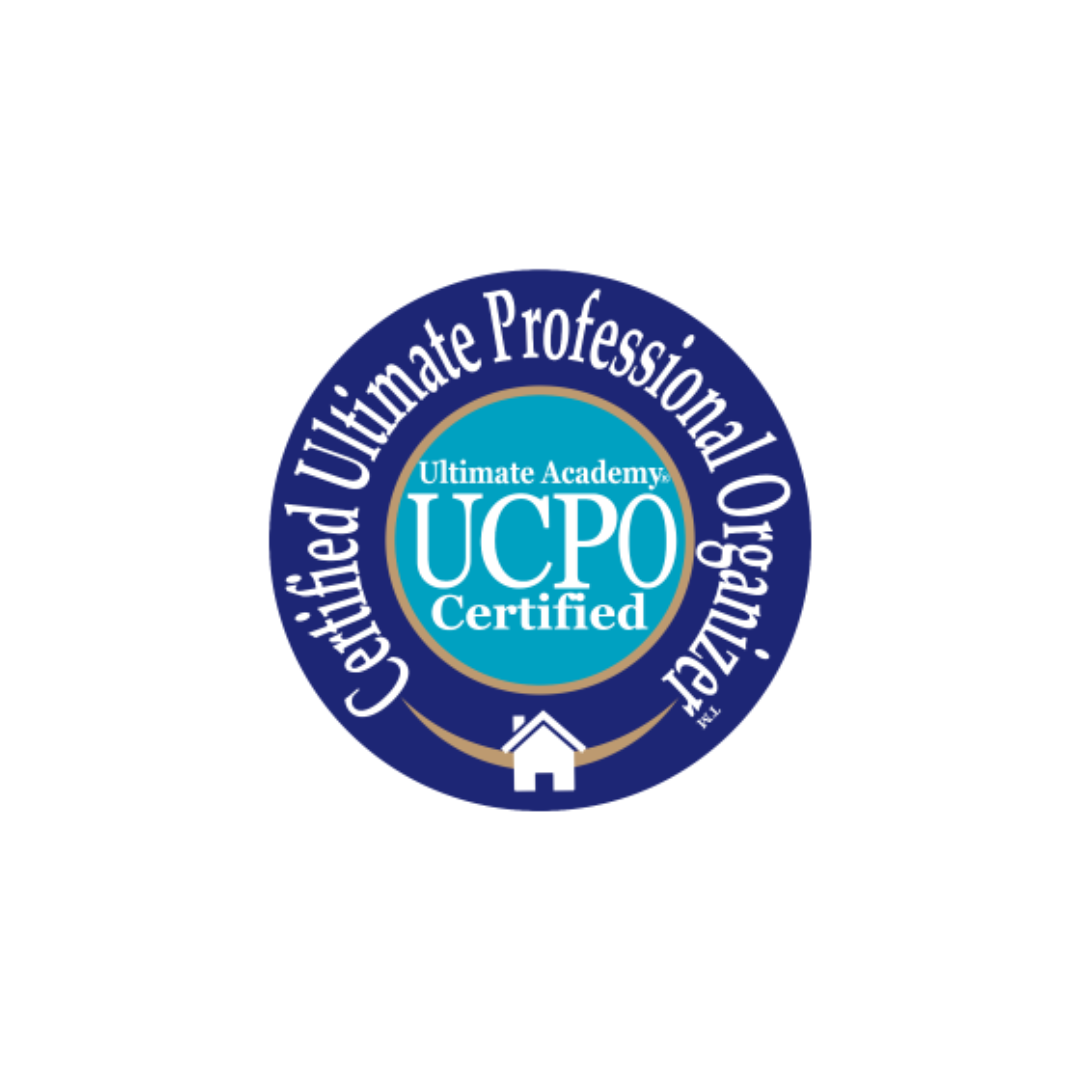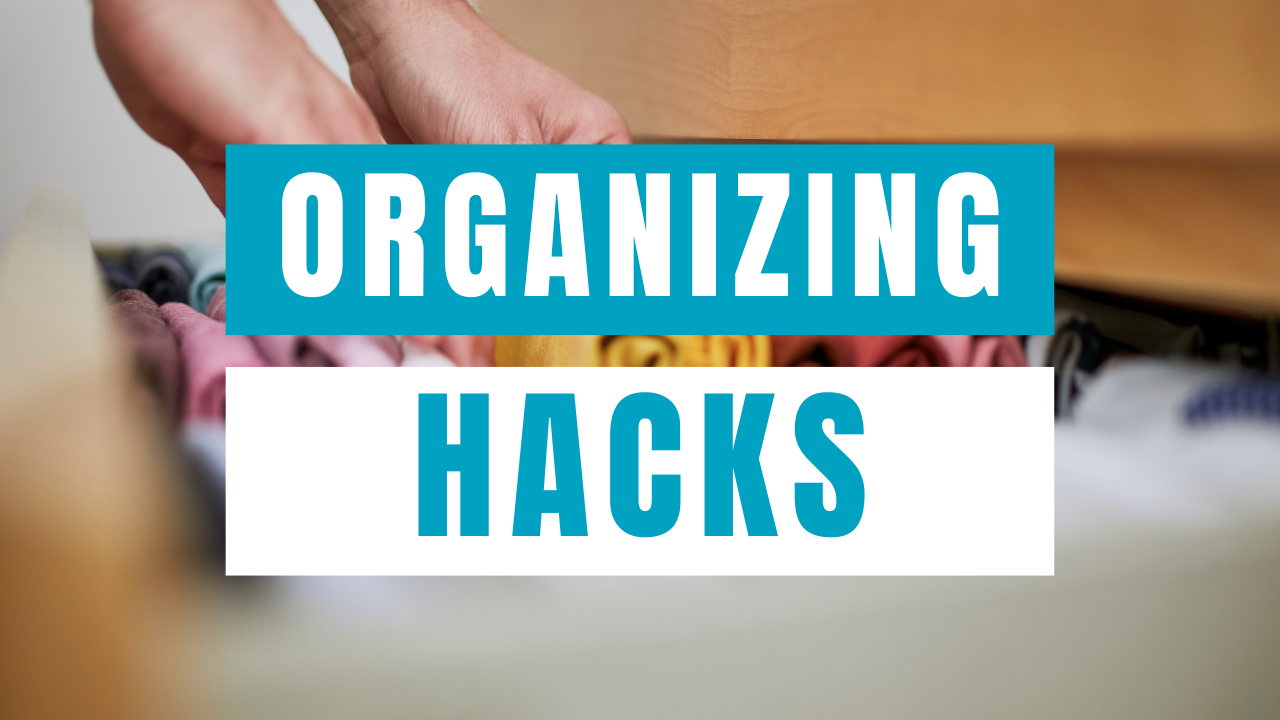Getting Organizing Jobs:
Your Ultimate Guide
Getting Organizing Jobs: Your Ultimate Guide

Wouldn’t you love your job to be that of a professional organizer? Helping people transform clutter into an organized, functional space is an exciting experience. Moreover, unlocking the secrets to excel in this intricate realm can lead to immense satisfaction and rewards.
Mastering the art of juggling tasks and meeting tight deadlines is the essence of organizing roles. Dive into this article, and you’ll discover how to elevate your personal brand, making you the go-to professional organizer. Alongside, we’ll sprinkle in desirable time management hacks. Prepare to unveil the roadmap to attracting clients, crafting meaningful connections, and truly owning your time.
Table of contents
- The Growing Demand for Organizing Jobs
- Building Your Personal Brand as a Professional Organizer
- Effective Networking Strategies for Organizers
- Effective Client Acquisition Techniques for Organizers
- Maximizing Efficiency in Organizing Jobs
- Sharpening Skills to Secure and Excel in Organizing Jobs
- Education and Training for Organizers
- Conclusion
The Growing Demand for Organizing Jobs
It’s an exciting time to step into the world of organizing jobs. With a growth rate soaring at 7%, opportunities in the professional organizer job market are expanding faster than ever before.
In our fast-paced lives where juggling multiple tasks has become second nature – we all need some help keeping things sorted out. That’s exactly where professional organizers come in handy by helping us declutter not just our spaces but also our lives.
This isn’t just another job – being in professional organizer jobs brings along its unique challenges which require special skill sets beyond mere tidying-up techniques. It needs planning based on individual client needs and managing logistics while ensuring everything runs smoothly like clockwork.
Building Your Personal Brand for Organizing Jobs
The journey to success in organizing jobs involves more than just skill acquisition; it also entails building a unique personal brand. This ensures that your exclusive value as a professional organizer is recognizable and stands out in the industry.
Here’s a step-by-step guide to help you effectively build your personal brand:
Define Your Unique Value Proposition (UVP):
- Start by identifying what makes you different from other organizers. Is it your unique method of categorizing? Perhaps it’s your innovative space-saving techniques or your commitment to sustainable organizing.
- Formulate your UVP to answer the question: “Why should clients choose you over another organizer?”
- Emphasize distinct benefits. For instance, explain how your methods not only declutter spaces but also enhance productivity or lead to savings.
Be Consistent Across All Platforms:
- Whether it’s your LinkedIn profile, personal website, or business card, ensure a uniform message that emphasizes your UVP.
- Each piece of content should effectively communicate why you’re the best fit for a client’s organizing jobs.
Stay Updated and Showcase Your Expertise:
- The organizing industry, like all sectors, evolves. Regularly invest in training and workshops to stay abreast of the latest techniques and trends.
- Share insights and knowledge through blogs or social media posts to reinforce your credibility and expert status.
Personal Interactions Matter:
Beyond your online presence, personal interactions play a pivotal role. However, it’s not just about having an organized Pinterest board; your in-person work ethic, client communication, and transparency shape your brand too.
Maximize the Power of Social Media On All Your Organizing Jobs:
- Platforms like Instagram offer a window into your organizing style. Instead of merely showcasing clutter-free spaces, pivot to demonstrating how your services can upgrade a client’s lifestyle.
- Prioritize authenticity. Engaging genuinely and sharing real-life transformations can build trust, making potential clients more inclined to hire you for their organizing jobs.
By following this roadmap, not only will you reinforce your brand’s presence in the organizing industry, but you’ll also position yourself as a top-tier choice for potential clients.
Effective Networking Strategies for Organizers
In the world of organizing jobs, networking isn’t merely a strategy; it’s the lifeblood that connects you with opportunities and helps expand your client base. Here are some actionable and targeted strategies to amplify your networking game:
Building Your Network To Get Organizing Jobs
Building and nurturing professional connections can pave the way for previously unseen opportunities. Given that professional organizers excel at creating order and relationships, you’re inherently equipped to network effectively. But to ensure you’re leveraging this strength, keep these strategies in mind:
- Be Proactive and Strategic:
Offline: Actively participate in industry-related events, workshops, and conferences. Engage in meaningful conversations and ensure you leave a lasting impression.
Online: Use platforms like LinkedIn not just to connect but to share valuable insights and engage with industry leaders. - Offer Genuine Value:
Networking isn’t just about what you can get, but what you can give. Whether it’s sharing a resource or introducing two contacts to each other, aim to provide value. Over time, this goodwill often comes full circle in organizing jobs. - Maintain and Nurture Your Connections:
The true essence of networking lies in consistency. Regularly check in with your contacts, congratulate them on milestones, or share relevant news. It ensures you remain top of mind.
Embrace the Social Butterfly Within to get Organizing Jobs
Leverage social media not just for its promotional capabilities, but as a networking tool:
- Engage in Facebook and LinkedIn groups specific to organizing jobs. These forums often provide leads, referrals, or collaboration opportunities.
- Share testimonials, success stories, or quick organizing hacks on platforms like Instagram or Twitter. It showcases your expertise and draws people to your network.
Dive Deep into the Organizing Industry and Organizing Jobs In Your Market
- Attend specialized conferences or workshops related to professional organizer jobs. It not only offers learning but also puts you in the same room as potential clients or collaborators.
- Engage with peers actively. If they’re swamped with projects and can’t take on more, having built a good rapport means they’re more likely to refer clients looking for professional organizer jobs to you.
In essence, networking for professional organizer jobs is about being authentic, proactive, and consistently engaging with your industry. With these strategies in place, you’re well on your way to building a network that’s both vast and meaningful.
Core Insight
Networking in the realm of organizing jobs is an ongoing and strategic endeavor. To truly flourish in this industry, professionals must not only harness their innate organizational skills but also proactively cultivate genuine, value-driven relationships. By merging authenticity with consistent engagement, organizers can broaden their horizons, uncover untapped opportunities, and solidify their standing in the industry
Effective Client Acquisition Techniques to Get More Organizing Jobs
The path to success in organizing jobs is full with opportunities if you know where to look and how to present your services effectively. To stand out amidst the competition, consider these techniques to acquire more clients:
Understand Your Target Market
Exploring specific niches in the professional organizing field can enhance your appeal. By understanding the unique challenges of different sectors, you become more versatile. From simplifying processes to managing complex projects, mastering these details sets you apart as an expert. By tailoring your services to these needs, you stand out as a top choice for many organizing tasks.
For example, a niche within professional organizing jobs is assisting seniors with downsizing.
- As older adults transition to smaller homes, assisted living facilities, or simply wish to declutter their spaces, they often need help with managing and organizing their possessions.
- This niche involves a unique set of challenges such as managing sentimental items, coordinating with family members, ensuring items are distributed or discarded according to the client’s wishes, and setting up an organized, accessible, and safe environment in the new living space.
- Given the emotional aspect associated with downsizing, organizers in this niche also need strong interpersonal skills and empathy.
- Specializing in this area allows an organizer to cater to the unique needs of the aging population, offering services that extend beyond mere organizing – they’re facilitating smoother life transitions.
Partner with a Variety of Local Businesses For All Your Organizing Jobs
Collaboration is key. Consider partnering with local home and office supply stores, moving companies, or even real estate agents. These businesses often encounter customers in need of organizing services. For instance, someone buying storage solutions from a home supply store might be interested in professional help to declutter their space. Hence, by having a partnership, or several, in place, these businesses can refer their customers to you, ensuring a win-win situation for both parties.
Pitch Perfect - Create Compelling Proposals
Crafting an influential proposal is your opportunity to not only showcase your services but also to demonstrate your understanding of a client’s unique needs.
Here’s how to make your proposal shine:
1. Understand the Client's Needs:
Take the time to understand the potential client’s pain points and desires. Are they looking for better space utilization in a small apartment or seeking a total home decluttering? This understanding will set the tone for your entire proposal.
2. Lead with Benefits, Not Just Features:
It’s tempting to list out all the features of your organizing services, but clients are more interested in benefits. Instead of just saying you’ll organize their space, explain how this will save them time daily, reduce stress, or even potentially increase the value of their home.
3. Showcase Your Unique Selling Proposition (USP):
In the sea of organizing jobs, what makes your services unique? Perhaps you have a knack for sustainable organizing, using eco-friendly products, or you specialize in digital decluttering. Confidently emphasize your unique selling proposition!
4. Include Testimonials and Reviews:
Words of praise from past clients can significantly enhance your proposal’s credibility. Consider including a few select testimonials, especially those that are relevant to the prospective client’s needs.
5. Provide a Clear Plan of Action for Organizing Jobs:
Break down the process for the client. Offer a step-by-step approach to how you’ll tackle their organizing challenge. This not only demonstrates professionalism but also gives the client a clear expectation.
6. Pricing Transparency:
Be clear about your charges. Offer packages or tiers if possible. This way, potential clients can choose what best fits their needs and budget.
7. End with a Call to Action:
Guide the client on the next steps, whether that’s scheduling a consultation, signing a contract, or making an initial payment. Make it easy for them to take the desired action.
Remember, your proposal isn’t just a pitch; it’s a reflection of your professionalism, attention to detail, and passion for your craft. Make it count!
Key Takeaway
Focusing on specific areas, teaming up with related businesses, and creating customized plans for clients can really make you stand out. In simple terms, it's about finding your specialty, working with others who can help promote your services, and always putting your client's needs first.
Maximizing Efficiency in Organizing Jobs
In organizing jobs, where precision and efficiency are essential, professional organizers who make the most of their time truly stand out. Here are some actionable strategies to help you manage your time more effectively:
Set Clear Priorities:
- Begin by making a detailed list of all tasks.
- Rank them based on urgency and significance.
- Address high-priority tasks first, ensuring crucial projects don’t get overlooked.
Incorporate Regular Breaks:
- Continuous work can lead to burnout. Instead, opt for short, frequent breaks to rejuvenate.
- Use techniques like the Pomodoro method: work for 25 minutes and then take a 5-minute break.
Harness the Power of Technology On Your Organizing Jobs:
- Use modern tools to your advantage.
- Apps like Toggl or Rescue Time can track your daily activities, highlighting where you might be wasting time or can be more efficient. Here are some more helpful apps to consider using:
- Todoist: This app helps you organize tasks, set priorities, and create projects. With its easy-to-use interface, Todoist is great for creating daily to-do lists.
- Evernote: Evernote allows users to save notes, web clips, voice memos, and set reminders. It’s a versatile tool to capture and organize information.
- Microsoft OneNote: This digital notebook tool from Microsoft is perfect for capturing notes, sketches, and more. It also syncs across devices.
- Notion: Notion combines notes, tasks, and databases into one. You can customize your workspace according to your needs.
- Slack: While primarily known as a communication tool, Slack’s integrations with other apps can turn it into a powerful productivity booster.
- Google Workspace (formerly G Suite): This suite includes Google Calendar, Docs, Sheets, Slides, and more. It’s a comprehensive suite that boosts collaboration.
- Apple Notes: Apple’s native note-taking app allows users to jot down thoughts, make lists, and more. With iCloud, you can seamlessly sync your notes across all Apple devices.
- Todoist: This app helps you organize tasks, set priorities, and create projects. With its easy-to-use interface, Todoist is great for creating daily to-do lists.
Delegate Tasks During Organizing Jobs When Possible
If you have a team working with you, don’t hesitate to delegate responsibilities. Delegation isn’t just about offloading tasks—it’s an opportunity to empower team members and maximize efficiency. As a result, proper delegation can lead to better quality results as it ensures that each task receives undivided attention.
Here’s how to delegate effectively:
- Evaluate Strengths and Weaknesses: Match tasks to team members based on their strengths. If someone is great with detail-oriented tasks, delegate them projects that require a keen eye.
- Provide Clear Instructions: Always be clear about what you expect. A well-defined task eliminates confusion and ensures that the job is done right the first time.
- Open the Door for Feedback: Encourage your team to ask questions or suggest improvements. This fosters a collaborative environment where everyone feels valued.
- Trust, But Monitor: Trust your team to handle their responsibilities, but also check in periodically. This balance maintains accountability without being overbearing.

Enhancing Skills to Secure and Excel in Organizing Jobs
Mastering specific skills not only helps in landing more jobs but also ensures success in each project.
Building Analytical and Problem-Solving Skills to Impress Clients
- Observe and Assess Thoroughly: When meeting potential clients, exhibit your keen sense of observation. Highlight inefficiencies in their current setup, demonstrating your analytical skills.
- Engage in Solution-Based Conversations: During initial consultations, ask probing questions to understand what bothers them most. Then, give clients a few ideas on how to improve. This can help convince them to hire you.
- Showcase Before-and-After Scenarios: Have a portfolio of past projects, complete with photos or sketches. This provides tangible proof of your problem-solving abilities.
Prioritization as a Unique Selling Proposition (USP)
- Showcase Efficient Task Management: When discussing potential projects, indicate how you prioritize tasks. Clients will appreciate knowing that you have a structured approach.
- Highlight Time-Saving Techniques: Emphasize how your methods not only create order but save clients time in the long run. Time is a valued commodity, and potential clients will see the long-term benefits of hiring you.
Interpersonal and Communication Skills: Your Bridge to Client Trust for Organizing Jobs
- Practice Active Listening: When you genuinely listen to potential clients, you build trust. They’ll feel understood, increasing the likelihood of them hiring you.
- Demonstrate Empathy in Client Interactions: Especially in sensitive situations like downsizing, clients will be more inclined to hire someone who approaches tasks with care and understanding.
- Provide Value-Adding Feedback: During the job, if you notice areas beyond the original scope that could benefit from organization, suggest it tactfully. This positions you as someone genuinely invested in their well-being and could lead to extended contracts or referrals.
Stay Updated to Stay Ahead
Continuous learning can make you the go-to person for organizing jobs. In the competitive world of professional organizing, it’s not just about decluttering spaces. It’s about showcasing your holistic approach to potential clients, ensuring they see the value in your services. Thus, by refining these skills, you’ll be well on your way to securing more jobs and leaving a lasting impression on your clients.
Education & Training for Successful Organizing Jobs
If you’re pondering where to begin, it’s worth noting that there’s no mandatory experience needed. However, roles like personal assistant positions can sharpen your organizing skills, giving you firsthand experience and enhancing your people skills. Working in retail, especially in positions that require setting up displays, teaches you about space optimization and product organization. Additionally, take courses that nurture both your passion for organizing and your entrepreneurial spirit.
The realm of professional organizing is ever-evolving, emphasizing the importance of staying current with fresh organizational techniques. Delve into workshops or specialized online courses catering to budding professional organizers. Ultimate Academy’s® Professional Organizing course is one such offering that not only hones your organizational skills but also prepares you for the entrepreneurial side of the profession.
Career Options for Organizing Enthusiasts
While you may be primarily interested in organizing jobs right now, it’s essential to recognize the vast potential of becoming a professional organizer or enrolling in a professional organizer course. The truth is, this skill set has extensive applications across various industries. Organizing skills can be invaluable in a range of career paths.
Here are some professions where organizational expertise is a significant asset:
Real Estate Agents
In real estate, organization is crucial for managing client expectations, property listings, and a busy schedule. Real estate agents can benefit from organizational courses by learning to streamline their workflow and enhance client relationships. Effectively organizing documents, appointments, and negotiations can be a key factor in a successful real estate career.
Event Planners
At the core of event planning lies organization. From coordinating vendors and timelines to overseeing budgets and client expectations, being organized isn’t just helpful—it’s essential. Mastering task prioritization and complex project management are skills vital for any event planner.
Wedding Planners
Every wedding planner understands that weddings, regardless of size, involve numerous components—from venue bookings and vendor coordination to guest list management and ensuring every detail reflects the couple’s wishes. Wedding planners often serve as a contact among various parties, making sure everyone is aligned. Mastering prioritization, scheduling, and resource management allows a wedding planner to offer clients an exceptional and seamless experience on their special day.
Travel Agents
In a sector where managing diverse itineraries, tickets, and client preferences is standard, a travel agent’s organizational skills are paramount. As a result, such skills facilitate efficient booking management, tracking of special promotions, and provision of personalized services, all of which enhance the client experience.
Interior Designers
Design projects typically encompass a variety of elements, ranging from furniture and fixtures to color palettes and spatial layouts. As an interior designer, managing suppliers, collaborating with contractors, and meeting client expectations within set deadlines is essential. Whether you’re handling project timelines or compiling a portfolio for client presentations, the organizational techniques you adopt can significantly boost your efficiency and professional demeanor in the realm of interior design.
Conclusion
In the world of professional organizing, turning chaos into harmony is more than just a job—it’s a passion. As you’ve made your way through this article, you’ve gained insights to elevate your brand and become the go-to for organizing jobs.
By mastering tasks, deadlines, and essential time-management strategies, you can confidently make a lasting impact. As you embrace these tools and hacks, remember that every cluttered space represents an opportunity—a canvas for transformation. Here’s to harnessing your skills and leaving a positive lasting mark on every space you touch!

Learn About our Professional Organizing Certification











